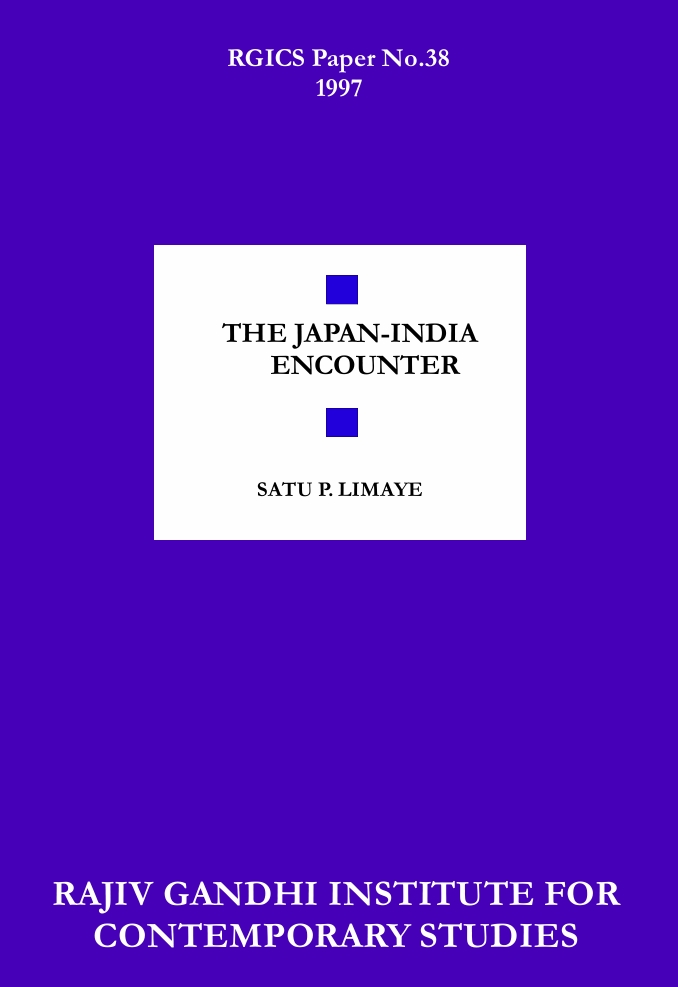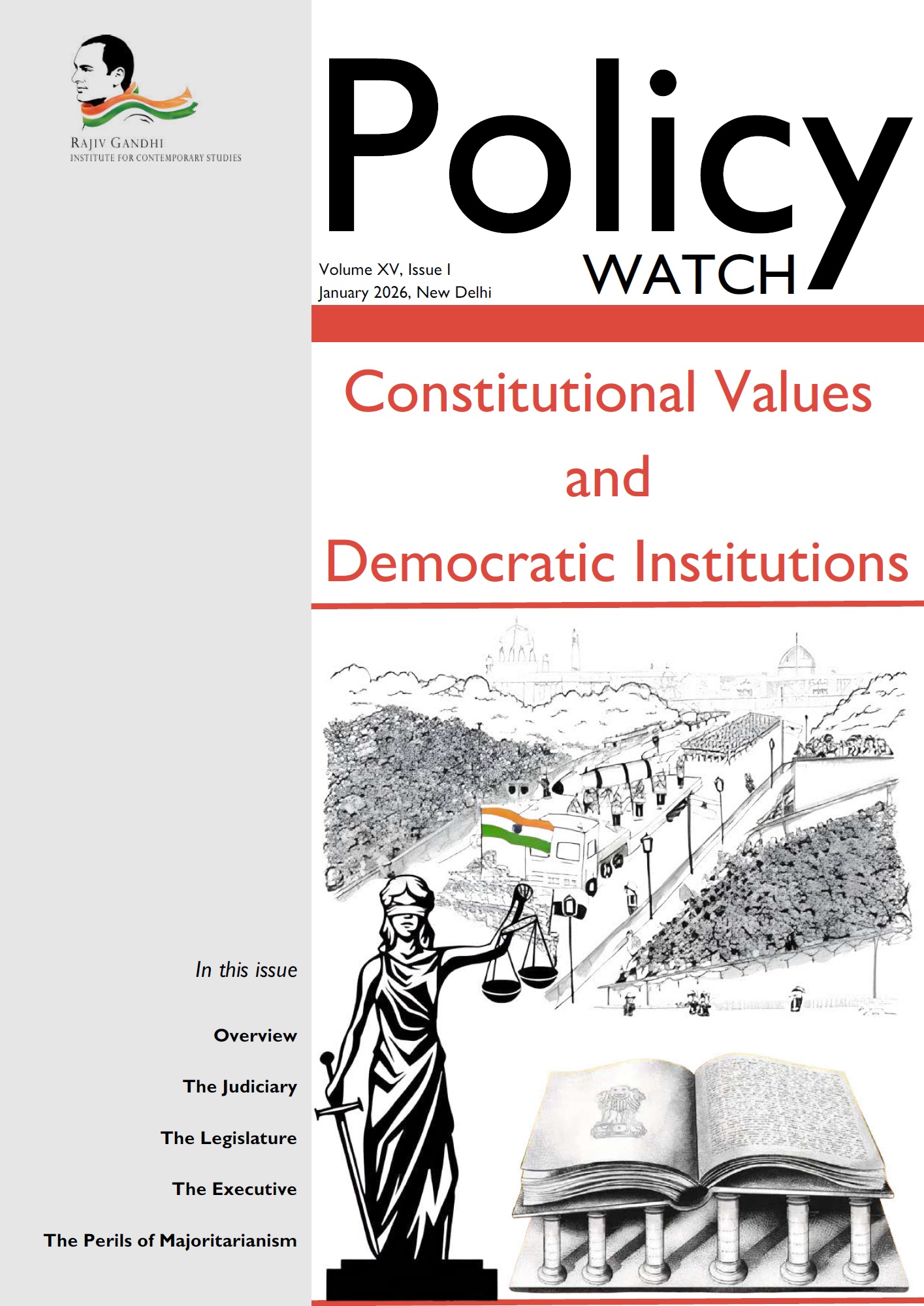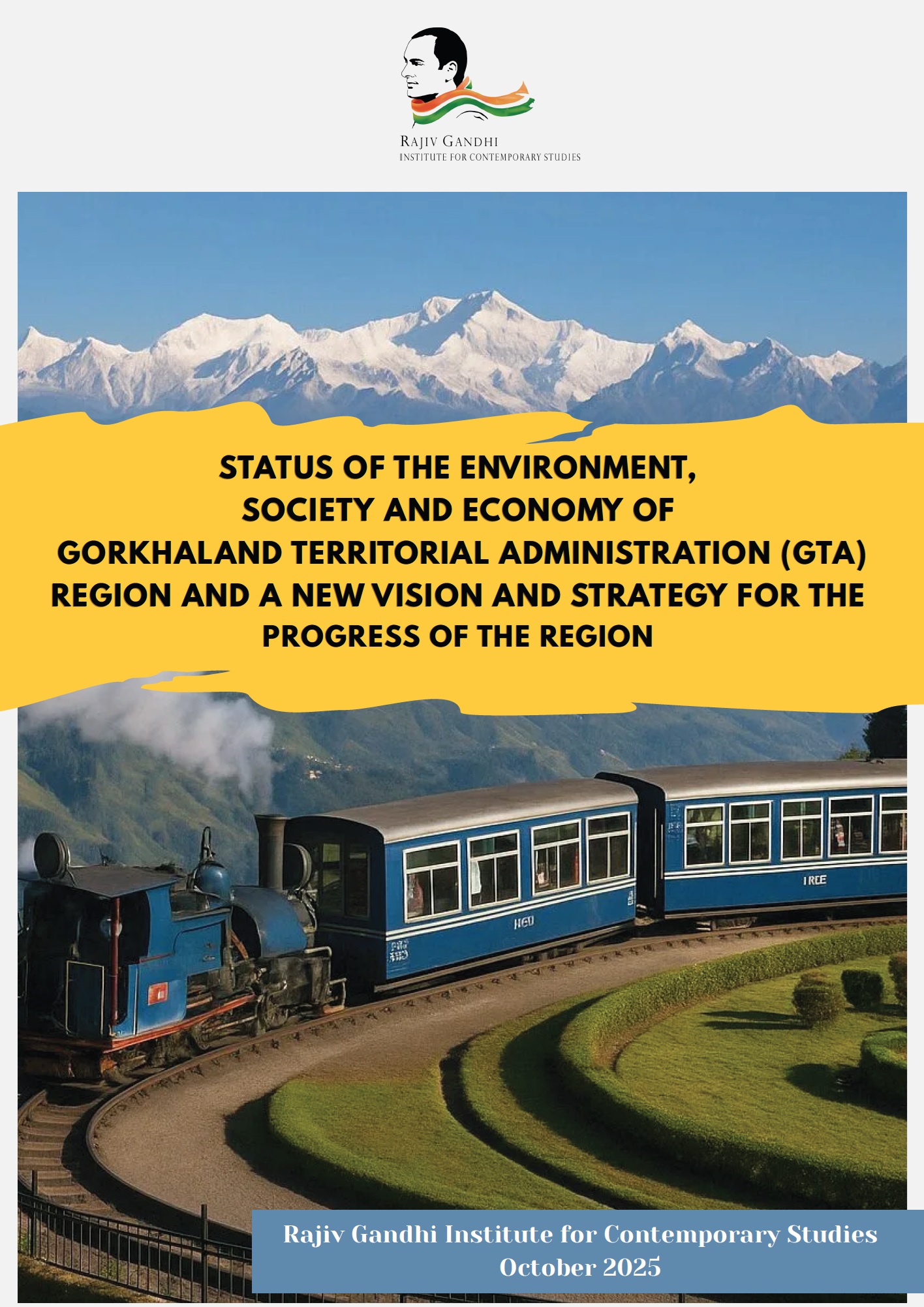For decades, Japan and India maintained a distant relationship due to Cold War alliances, economic isolation, and differing foreign policy approaches. However, in the past few decades, both countries have come to recognize each other’s strategic and economic significance, leading to increased trade, investment, and diplomatic cooperation. While they still have differences, the gap in their interests is narrowing, presenting opportunities for deeper collaboration. India’s economic liberalization in the 1990s was a turning point, prompting Japan to increase engagement, especially through foreign aid and infrastructure investments. However, Japanese businesses remain cautious, citing bureaucratic inefficiencies, infrastructure bottlenecks, and regulatory hurdles as key concerns.
During the Cold War, Japan was a strong ally of the United States, while India followed a non-aligned path, building close ties with the Soviet Union. As a result, their engagement remained minimal. However, after India opened up its economy in 1991, Japan started to view it as a potential partner. Japan has since become one of India’s largest foreign aid providers, investing in infrastructure, manufacturing, and industrial corridors.
Despite these improvements, Japan’s investment in India is significantly lower than in China and Southeast Asia. Many Japanese companies hesitate due to policy uncertainty, logistical challenges, and cultural differences in business practices. However, as concerns over China’s rising influence grow, Japan and India are increasingly aligning on regional security and trade policies.
Although their partnership is still evolving, Japan and India stand to gain from deeper economic and strategic ties. If India creates a more investor-friendly environment and Japan expands its economic engagement, their relationship could emerge as a key force in Asia-Pacific stability and global trade.
Keywords: Japan-India Relations, Cold War, Economic Cooperation, Foreign Policy, Trade and Investment, Bilateral Ties, Special Economic Zones (SEZs), Geopolitical Strategy, Asia-Pacific Region, Official Development Assistance (ODA)
Send download link to:The Japan-India Encounter








